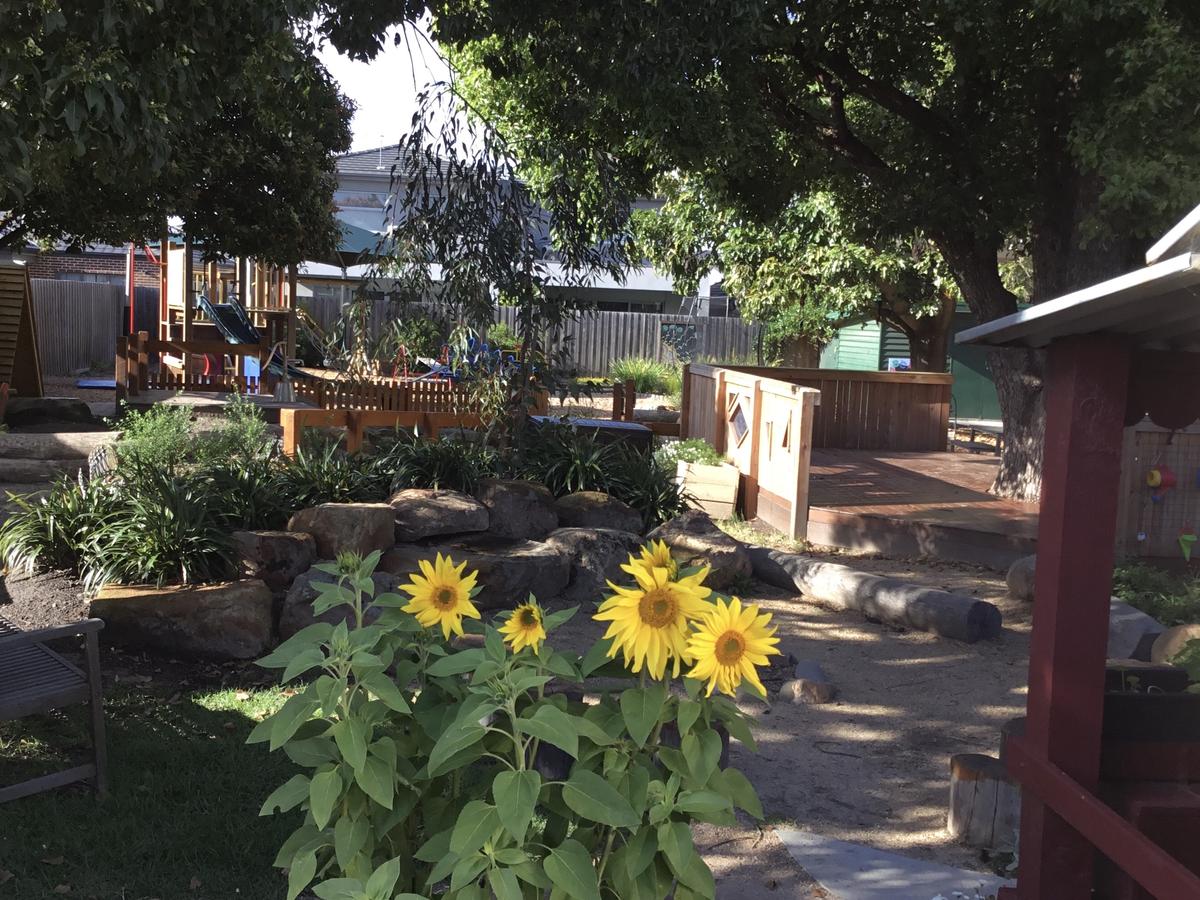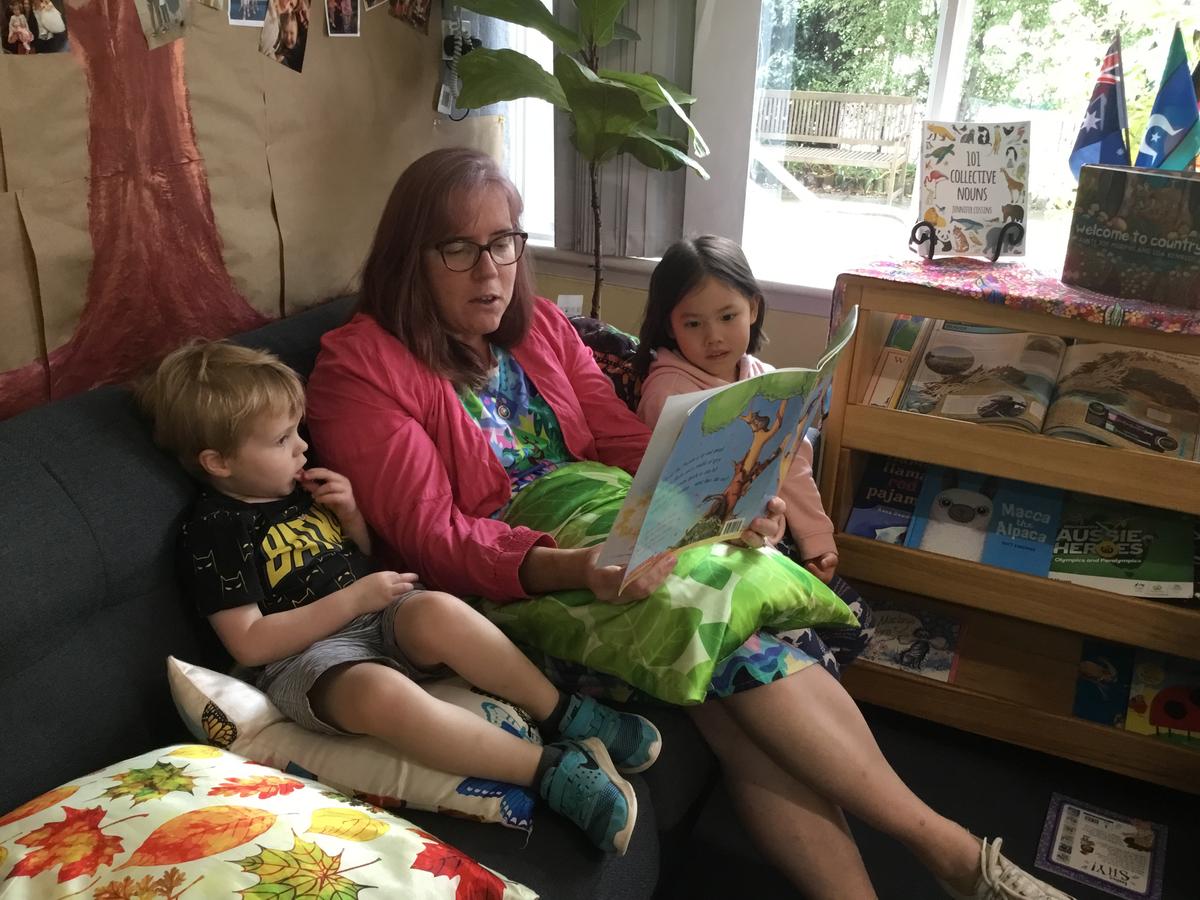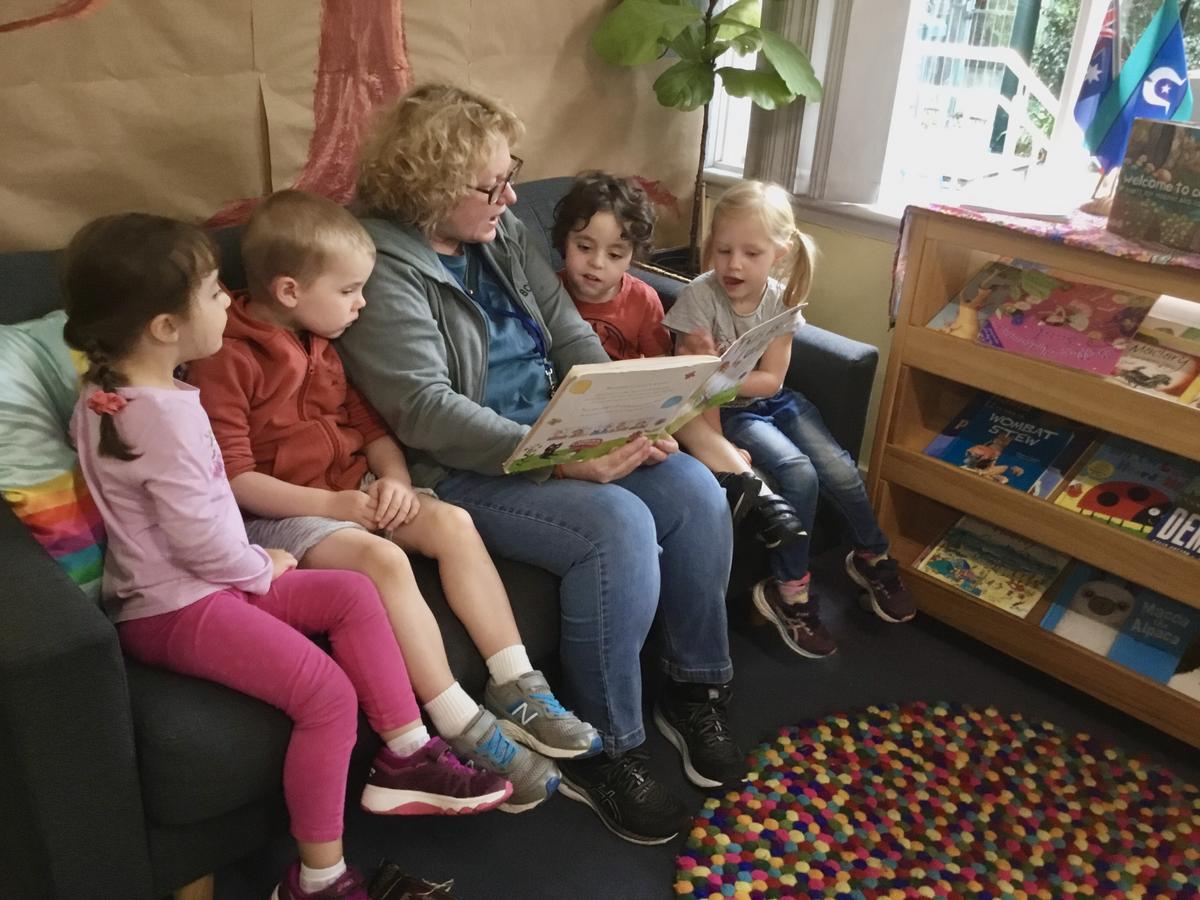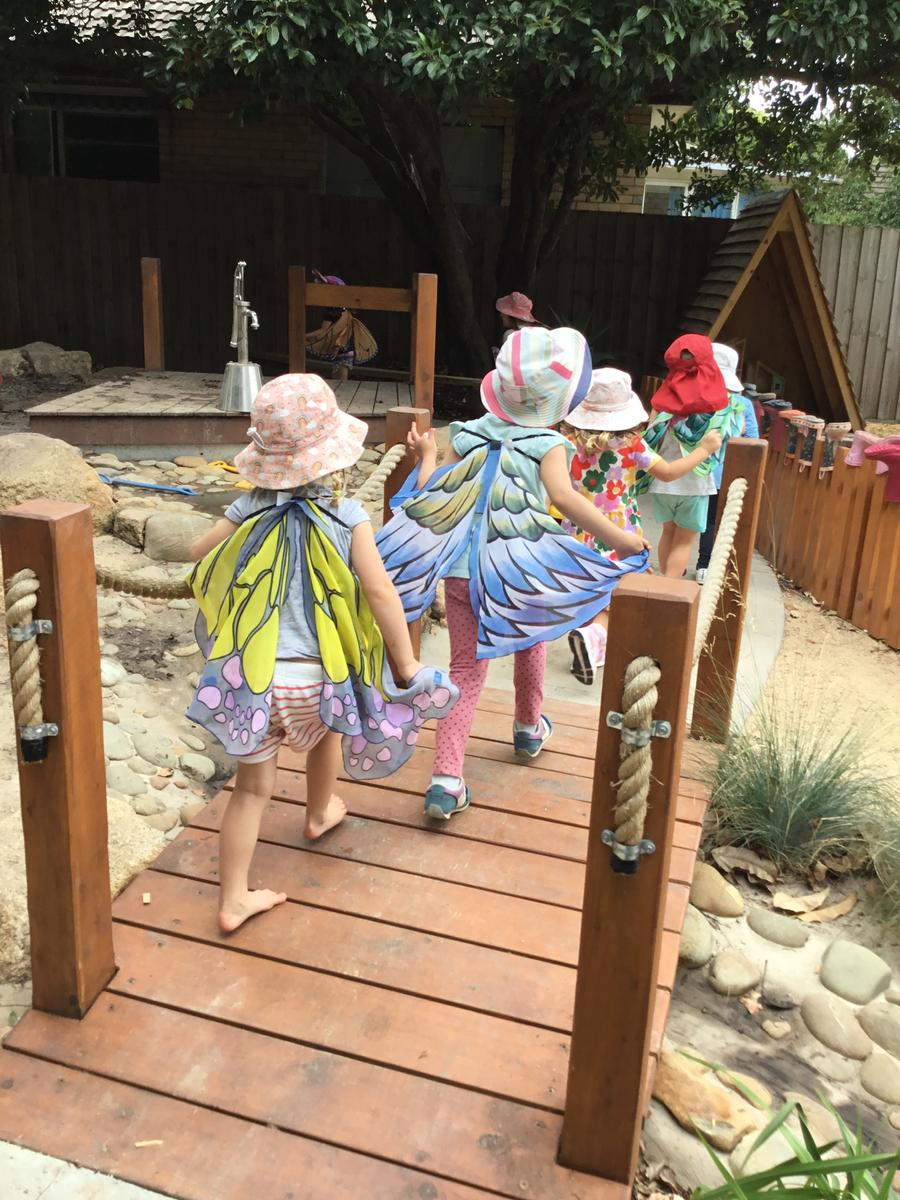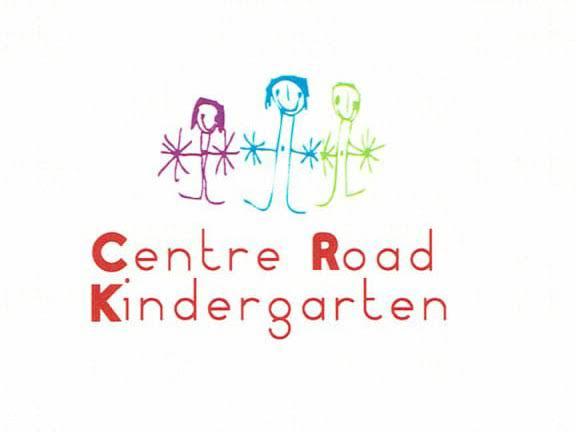GEKA Centre Road
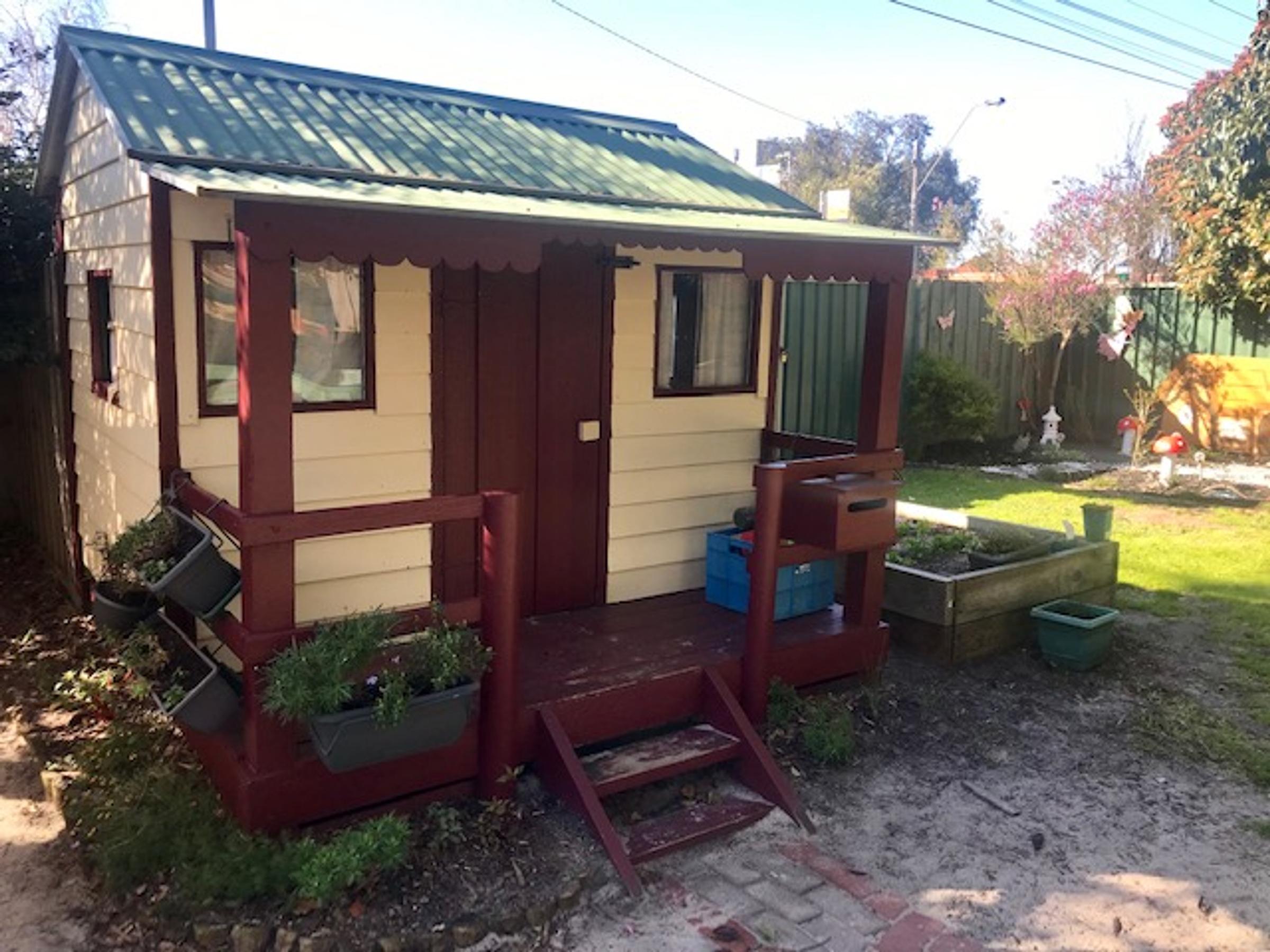
Learning within the 'New Normal'
Tori Cooper, Early Childhood Educator
When the COVID-19 pandemic first came to our attention at the beginning of 2020, we did not expect the curfews, travel limits, border closures, the restrictions of visiting family and friends, the closure of shops, and the fact that even a visit to the local playground would be banned! We would have laughed at the idea of this occurring. But it did occur, presenting many challengers that we weren’t expecting to face, with interruptions to schooling and work, which for many have led to feelings of isolation, increased stress, and resultant mental health challenges.
It is now 2022 and we need to accept a 'new normal' and reflect on what impact these events have had on our children and how we can best support them to establish routines that may not be familiar to them as families return to workplaces and education settings reopen to increasing numbers of children.
These events have impacted each individual and family in diverse ways. For some it might mean there have been gaps or delays in therapy or diagnosis of developmental concerns; for some children it may mean that they have had reduced exposure to a range of social experiences with their peers and older members of the community. For some children there have been positives, with more time spent with family and the frantic timetabling of modern life removed, resulting in more time spent relaxing at home; for some children, there will have been an increase in stress in the family home, which can lead to feelings of insecurity, sadness, and confusion for the child.
It is important to acknowledge the impact that these events have had on children and understanding that this results in children who may have separation anxiety, and who may lack social skills. As educators we need to be sensitive to the needs of children and parents who are having trouble separating from each other at drop off in the mornings, and aware that we need to support not only the children but also their parents who may have not had much time away from their children due to lockdowns. We need to assist children with developing their social skills so that they may establish and maintain friendships with their peers within the kindergarten classroom.
By focusing on developing the children’s sense of belonging and identity in the classroom, we will be well-placed to support the children and their families with this. We have many homely comforts within the room to help children feel connected between home and kindergarten – the large family couch is very much a safe haven for children to develop attachments with their educators and peers as they settle in to read a book or have a chat, allowing them to gain the confidence and comfort within their environment that they need so that they are able to fully explore the kindergarten and all of the learning and play experiences on offer. The development of these relationships will help children to feel more confident and happier in coming into kindergarten, which increases parental confidence and comfort when dropping their children off.
As educators, we need to reconsider how we approach early childhood education considering the experiences these children are bringing into the kindergarten environment.
Education should be focusing on helping children to develop and use their unique talents that will help serve the world in the future – we can do this by understanding and learning what each child carries with them in terms of interests and abilities, encouraging and supporting children to strengthen these abilities.
As such, our days will be guided by questions that arise, and we will continue to provide an inclusive, fun, and safe environment for children to learn, grow, create, explore and form relationships. We recognise that the children in our care will need particular attention to support their social and emotional wellbeing, and that we are supporting not only the learning needs of each child but also supporting families to feel connected to their child’s learning environment. We will draw upon the knowledge we gained from The Resilience Project and continue to use tools from the program to help children to visualize and verbalise their feelings and emotions, enabling us to support and guide the children every day.
We will listen carefully to the children, using language that is clear, calm and age-appropriate when discussing the pandemic and other world events that the children may ask about. We will focus on looking for the helpers in these events, and the positives that may be seen, to help the children to continue to develop resilience and a positive mindset even in times of angst and fear.
The key thing that we, as Early Childhood Educators, see as we begin this new year, is that every child and every family is unique. Their experiences throughout the pandemic have been varied, but we know that children learn best when they are actively engaged and interested. Through play, we can provide a responsive and adaptable curriculum that supports each child to develop their strengths and passions, and to thrive. The most important thing we can bring to children as they begin kindergarten, is the confidence to join in, and harness their natural curiosity and will to play, explore and learn about their world.

